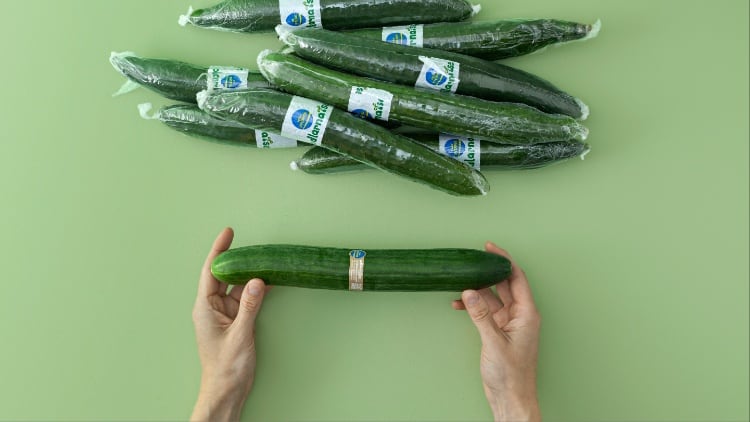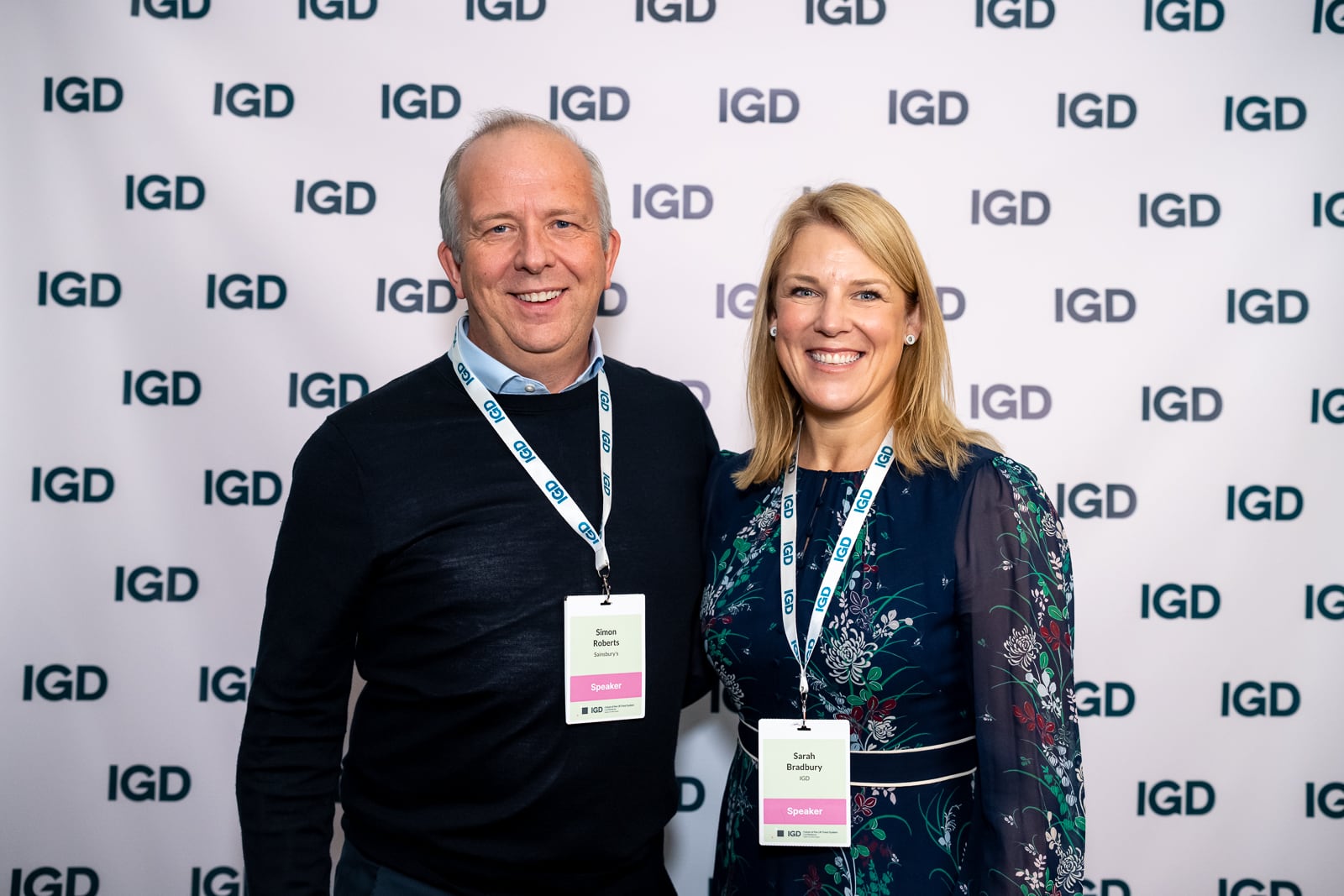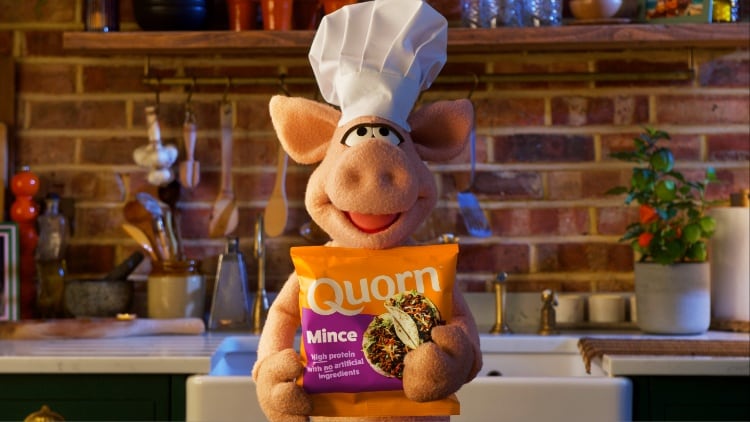During a one-month pilot, the product will be used to wrap cucumbers on sale at Swedish retailers Odlarna.se and ICA.
The test marks a key milestone in the company’s journey, transitioning from R&D to commercial scale. With the first industrial machine in place and capacity ramping up, Saveggy is also preparing for broader launches across Sweden and Europe.
According to Saveggy’s own research, more than 3,000 tonnes of plastic are used for cucumbers each year across the EU. The solution could also be applied to a wide range of fruits and vegetables, and product development is ongoing.
Made from rapeseed oil and oat oil, the product offers a waste-free alternative as the EU prepares to ban single-use plastics for fresh produce by 2030.
Commenting on the trial, sustainability director at ICA Kerstin Lindvall said: “This innovation makes it possible for us to remove plastic from cucumbers entirely without compromising quality, something we know our customers appreciate.”
Martin Löfstedt from Odlarna.se added: “Sustainability and quality are at our core, and this collaboration takes our commitment further by introducing plastic-free cucumbers.”
Saveggy was founded in 2020 in Sweden, by Vahid Sohrabpour and Arash Fayyazi and has raised €2.5 million to date from investors including Unconventional Ventures, LRF Ventures, Almi Greentech, Smile Inject Capital, and Fåhraeus Startup and Growth.
The pair developed the wrap in collaboration with Aarhus University, Lund University, EIT Food and stakeholders across the value chain, including consumers, ICA and other retailers and packers.
“Cucumbers highlight the challenge: food waste on one side, plastic-wrapped shelves on the other,” explained Fayyazi.
“Our goal is to reduce food waste and plastic pollution together – with respect for nature, people, and the resources that make our food possible."





